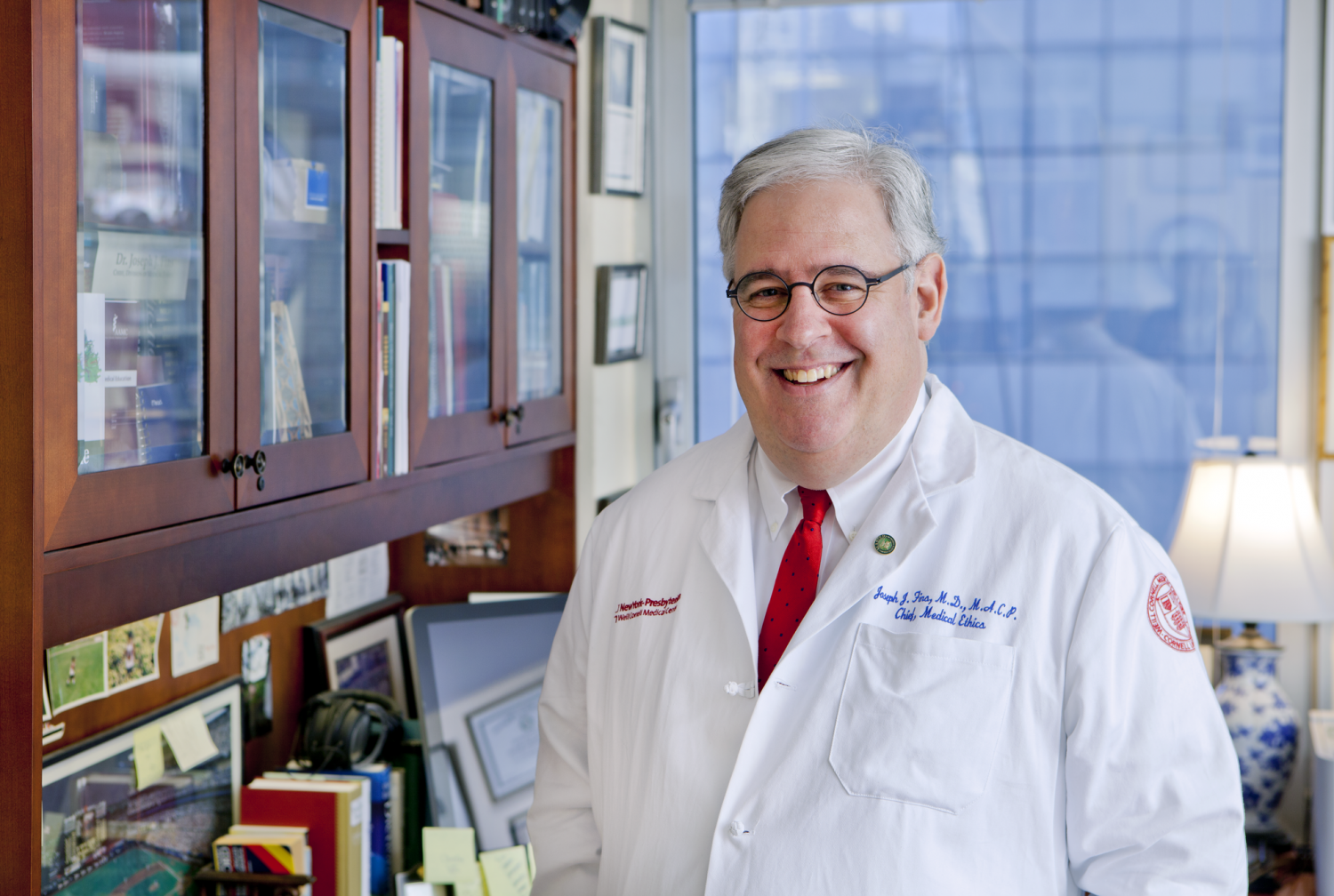If primary care physicians obtained additional training in a subspecialty area, they could triage and treat many patients who might ordinarily be referred to specialists, allowing experts to focus on the most complex cases, a Weill Cornell Medical College researcher writes in a new commentary.
The commentary, which was published online June 16 and will appear in the August issue of Academic Medicine, outlines an approach to create expert-generalists by tapping into the existing U.S. medical education infrastructure. Primary care physicians at the start of their careers and other physicians who are mid-career could choose to gain additional experience in a subspecialty, broadening their skillset and providing patients with enhanced care, the author said. With the demand for specialists expected to increase as more Americans gain access to health insurance under the Affordable Care Act, these expert-generalists would be empowered to provide a level of specialized patient care.
"With shortages projected in specialist and generalist physicians and the broadening of access with the Affordable Care Act, the expert-generalists can help the physician workforce more efficiently and more responsively meet patient care needs," said Dr. Joseph Fins, the E. William Davis, Jr. Professor of Medical Ethics and a professor of medicine, medicine in psychiatry, healthcare policy and research, and medical ethics in neurology.
Dr. Fins drew on his idea from a similar program at the Royal College of Physicians and Surgeons of Canada that offers board certified physicians one- to two-year training courses in 16 sub-specialties. These courses provide physicians with additional training beyond that of graduating residents but less than that of full-fledged experts who are board certified and fellowship trained in a subspecialty area. The new expert-generalists are then deployed to rural Canada, where access to specialty care is limited.
Dr. Fins, an internist who subspecialized in medical ethics, suggests that an adaptation of the Canadian model in the United States could create an effective bridge between primary and specialty care.
"I haven't reinvented the wheel, but I've changed the tires," Dr. Fins said.
Expert-generalists would be empowered to treat patients whose medical issues are beyond the expertise of primary care physicians but do not require a higher-tier level of care. For example, physicians could learn how they can do a specific study, such as echocardiography, or gain practice skills in medical ethics or addiction medicine. These physicians would then refer the most complex cases to specialists.
"One aspect of the training that's essential is to make sure that the physicians know the limits of their knowledge," Dr. Fins said. "The additional training should give expert-generalists insight into what they are competent to practice. That way, they will be more likely to appreciate when referral is necessary."
Expert-generalists could also deliver specialized care to underserved communities, improving both access to care and its quality in a cost-effective way, Dr. Fins said. They could treat patients who would not otherwise have had an opportunity to see subspecialists, while also providing better treatment than colleagues who have not received such directed training.
"Rural or urban underserved communities may not have a high density of specialists to treat patients," Dr. Fins said. "Internists or generalists may be called upon to do other activities to bridge the gap and figure out who needs more specialty care. If you could give people an additional skill set, you could help determine who needs to see a specialist and who might get by with a little extra expertise. This additional investment in individual doctors can also raise the quality of care within a group practice by serving as a means of continuing medical education."

